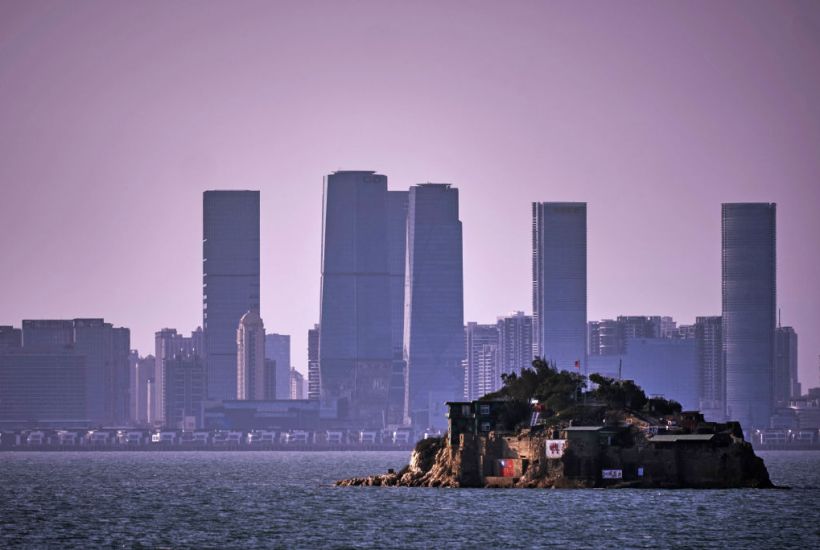When two Chinese fisherman died last month trying to flee Taiwan’s coastguard, Beijing laid the blame at Taipei’s feet and demanded an apology. The Chinese Communist Party (CCP) also spied an opportunity to advance its territorial claims.
China has been targeting Kinmen, an island controlled by Taiwan, more aggressively over the past few weeks. The CCP stated that ‘there is no such thing as “prohibited or restricted waters”’ – saying that the waters around the island had been used as traditional fishing grounds by both sides.
Already a subscriber? Log in
Subscribe for just $2 a week
Try a month of The Spectator Australia absolutely free and without commitment. Not only that but – if you choose to continue – you’ll pay just $2 a week for your first year.
- Unlimited access to spectator.com.au and app
- The weekly edition on the Spectator Australia app
- Spectator podcasts and newsletters
- Full access to spectator.co.uk
Or




















Comments
Don't miss out
Join the conversation with other Spectator Australia readers. Subscribe to leave a comment.
SUBSCRIBEAlready a subscriber? Log in